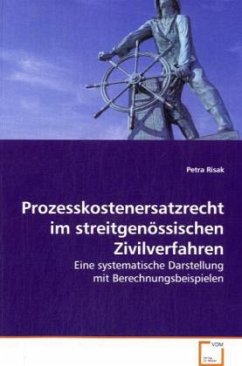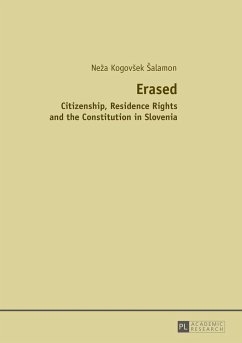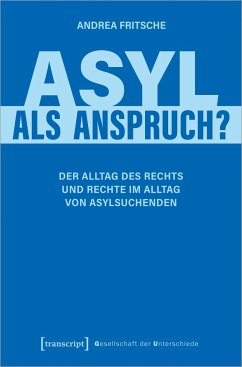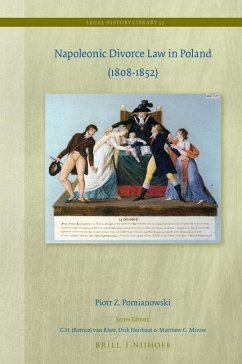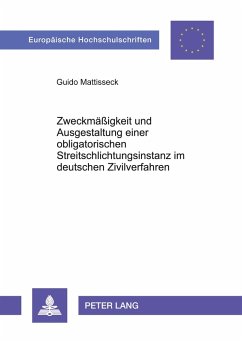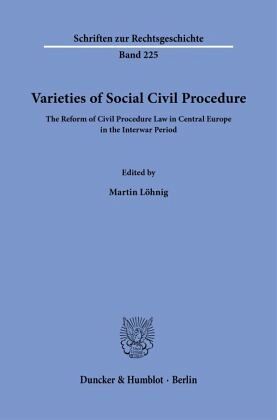
Varieties of Social Civil Procedure
The Reform of Civil Procedure Law in Central Europe in the Interwar Period
Herausgegeben: Löhnig, Martin
Versandkostenfrei!
Versandfertig in 6-10 Tagen
69,90 €
inkl. MwSt.

PAYBACK Punkte
0 °P sammeln!
After the collapse of the state structure in the centre of Europe as a result of the »Great War«, the new nation states often initially adopted the law that had previously applied on their territory. However, they soon sought to create their own legal order by enacting codifications in the central areas of law. The standardisation of national court constitutions and procedural law played a central role in this. Two very different models were available. On the one hand, there was the liberal German 'Reichszivilprozessordnung' of 1877, on the other hand, there was the Austrian 'Zivilprozeßord...
After the collapse of the state structure in the centre of Europe as a result of the »Great War«, the new nation states often initially adopted the law that had previously applied on their territory. However, they soon sought to create their own legal order by enacting codifications in the central areas of law. The standardisation of national court constitutions and procedural law played a central role in this. Two very different models were available. On the one hand, there was the liberal German 'Reichszivilprozessordnung' of 1877, on the other hand, there was the Austrian 'Zivilprozeßordnung' of 1895, which established the model of social civil procedure. It was not intended to be a code for Rudolf Ihering's »struggle for justice«, but to serve »as a state welfare institution« (Franz Klein) and a means of social policy. All Central European countries have embarked on the path towards a social civil process and have broken with the liberal tradition, albeit in very different ways.
Dieser Artikel kann nur an eine deutsche Lieferadresse ausgeliefert werden.



